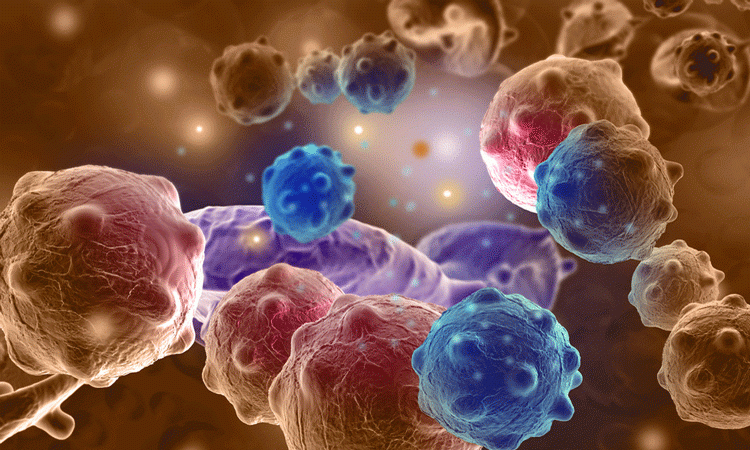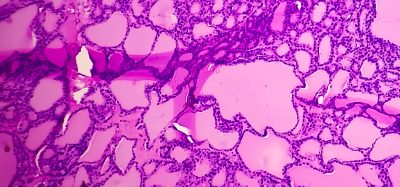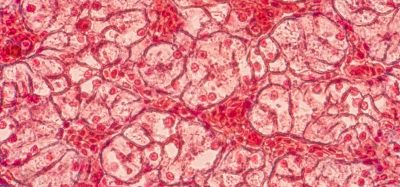Study reveals how to make pancreatic cancer chemotherapy more effective
Posted: 19 September 2019 | Victoria Rees (Drug Target Review) | No comments yet
Researchers have shown that blocking a particular enzyme causes chemotherapy to become more effective against pancreatic cancers in pre-clinical studies.


Researchers have uncovered a promising new pathway to combat pancreatic adenocarcinoma (PDAC) resistance to chemotherapy.
The study, conducted by the Mayo Clinic, US, revealed that the inhibition of an enzyme involved in many cancer-promoting processes sensitises PDAC cell lines to gemcitabine, the most commonly used cancer therapy.
Using patient cell lines and tumour-bearing models, the team blocked the GSK-3 enzyme using a new inhibitor called 9-ING-41, alone or with chemotherapy. They found it prevented cancer cells’ ability to repair single-strand DNA damage induced by the chemotherapy.
…the GSK-3 inhibitor significantly increased pancreatic tumour cancer cell death and prolonged survival”
“Our study identified a previously unknown role for GSK-3 in the regulation of the cell’s ability to respond to and repair its DNA following chemotherapy,” says Dr Daniel Billadeau, professor of immunology, biochemistry and molecular biology at Mayo Clinic College of Medicine and Science. “The findings suggest that by inhibiting GSK-3, we can impede the cells’ DNA damage response, leading to synergistic tumour cell death even in cells that are naturally resistant to chemotherapy.”
The researchers found that the GSK-3 inhibitor significantly increased pancreatic tumour cancer cell death and prolonged survival of the tumour-bearing models.
“Many pancreatic cancer tumours are resistant to the two most commonly used chemotherapies,” says Dr Li Ding, a Mayo Clinic senior research fellow and the study’s lead author. “Thus, identifying ways in which to make resistant tumours sensitive, or to increase the effectiveness of chemotherapy, is vital.”
The results were published in Clinical Cancer Research.
Related topics
Chemotherapy, Drug Development, Drug Targets, Oncology, Research & Development
Related conditions
Pancreatic cancer
Related organisations
Mayo Clinic
Related people
Dr Daniel Billadeau, Dr Li Ding








